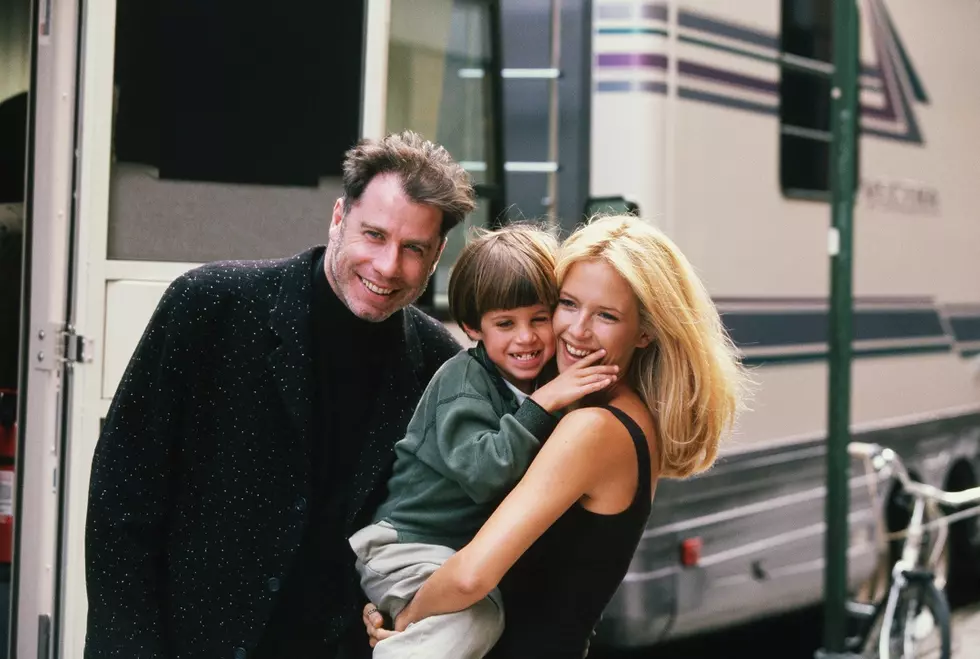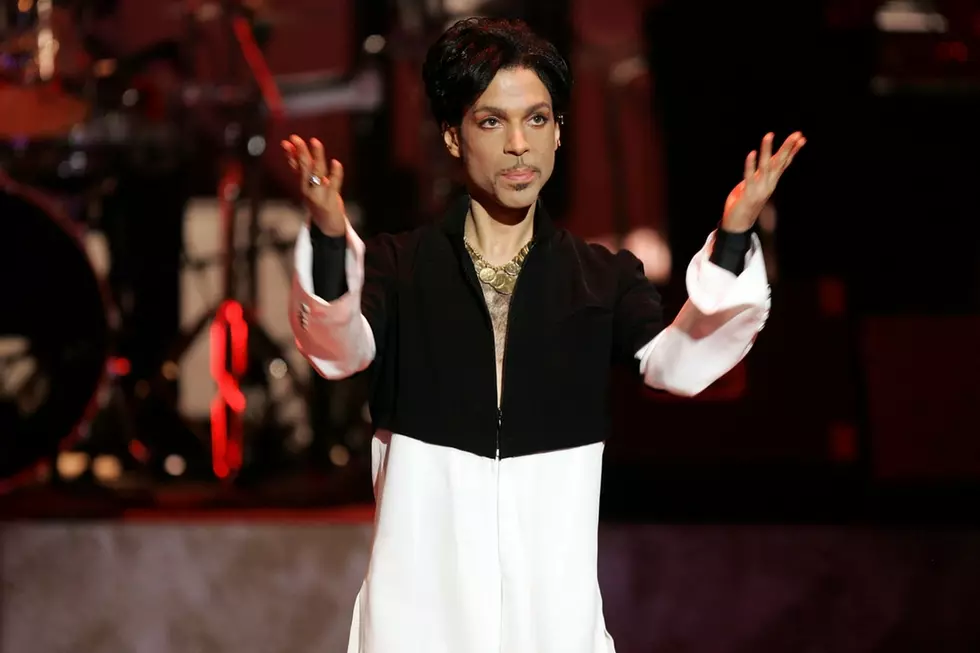Prince Takes the Paisley Underground for the Three O’Clock’s ‘Neon Telephone': 365 Prince Songs in a Year
To celebrate the incredibly prolific, influential and diverse body of work left behind by Prince, we will be exploring a different song of his each day for an entire year with the series 365 Prince Songs in a Year.
When Prince and the Revolution released their 1985 album Around the World in a Day, they did so on Paisley Park Records, thus kicking off the Prince-founded, Warner Bros.-distributed record label which would last until 1994 and provide His Royal Badness with the opportunity to release albums by a number of artists who tickled his personal fancy.
Unlike a number of the other artists on Paisley Park, the Three O’Clock had already been around the block a few times. The band had formed in 1981 as the Salvation Army, only for the actual Salvation Army to take issue with their name, but after a hasty change, they released their debut EP, Baroque Hoedown, in 1982. By the time they crossed paths with Prince, they had three full-length LPs to their name -- Sixteen Tambourines (1983), Arrive Without Travelling (1985), and Ever After (1986) -- and were one of the major bands of the Paisley Underground, a Los Angeles-centered scene of mid-'60s psychedelic revivalists.
It was Arrive Without Travelling and the video for the first single, “Her Head’s Revolving,” which first caught Prince’s attention. While it’s been suggested that Susanna Hoffs of the Bangles, who themselves emerged from the Paisley Underground, helped to steer him in the band’s direction, the end result was still the same: the Three O’Clock signed to Paisley Park Records, releasing their lone LP for the label – 1988’s Vermillion.
During the Paisley Park Records era, it was not an uncommon practice for Prince to gift his label’s artists with the opportunity to record songs which he’d written and generally even recorded but had yet to actually release. When the Three O’Clock entered the studio to record Vermillion, they were provided with five different Prince compositions to consider, among them “We Can Funk,” which would later to appear on Graffiti Bridge as a duet between Prince and George Clinton, and “Teacher, Teacher,” which has never been officially released by Prince, let alone by anyone else. While the band seriously considered the latter track, they ultimately went with a bouncy pop track bearing a very day-glo title.
Originally written and recorded by Prince in July 1985, “Neon Telephone” – which is officially credited to “Joey Coco” – was originally in contention for use on Parade, and while it didn't appear on the album, it did reportedly inspire the appearance of an actual neon telephone in Christopher Tracy’s apartment in the film Under the Cherry Moon. It's a lighthearted pop song, one with no pretention of being anything else, and you can hear as much in Prince’s vocal on the original demo. Maybe that’s because he viewed it as such a silly conceit – as if Prince would ever have to wonder if a woman would call him! – but it’s still a hoot to hear him singing, “Why can’t you call me, baby? Pick up the phone / You know your little Prince can’t be alone.”
Hear Prince's Version of "Neon Telephone"
The Three O’Clock’s version of “Neon Telephone” was produced by Ian Ritchie, and it’s far glossier in this incarnation. But when the band laid down the track, the man who penned the tune was nowhere to be found. In an oral history of the Vermillion album for Popdose, guitarist Jason Falkner recalled how Prince’s presence was often rumored to be forthcoming but never actually came to fruition. “We kept getting calls when we were in the studio saying, ‘Prince is in a limo on his way to you guys. Please clear the studio of anyone not in the band!’” said Falkner. “He never made it down. Classic.”
That said, Wendy Melvoin and Lisa Coleman did make it to the studio to contribute background vocals to the recording, although as Coleman recalled to Popdose, it took a bit of pleading for the duo to be swayed into participating.
“Wendy and I were a little leery of doing the session because we didn’t want to be thought of as a purple sound machine, if you know what i mean,” said Coleman. “But they were persistent, and we really didn’t want anybody else singing a part that would only end up being an imitation of what we had been doing for years, so we said ‘Yes’ and went to the session. Doing the vocals only took a few minutes. We almost felt guilty that it was so easy!”
“Neon Telephone” ended up being released as one of the two singles from Vermillion, following in the footsteps of “Love Explosion,” and it also warranted a 12” single which featured an extended version. It did not, however, manage to chart, and it wasn’t much later when the Three O’Clock decided to call it a day.
More From Mix 97.9 FM










